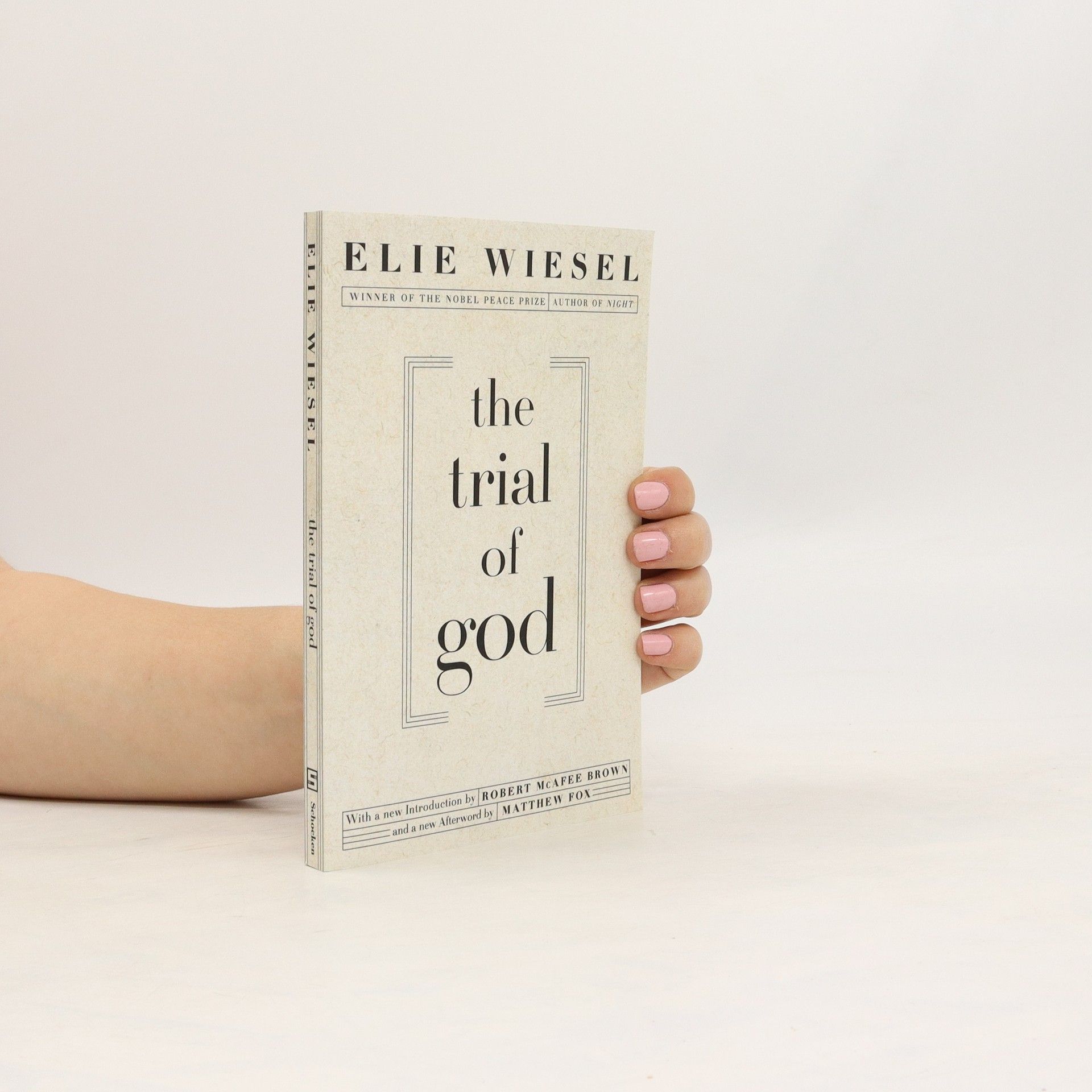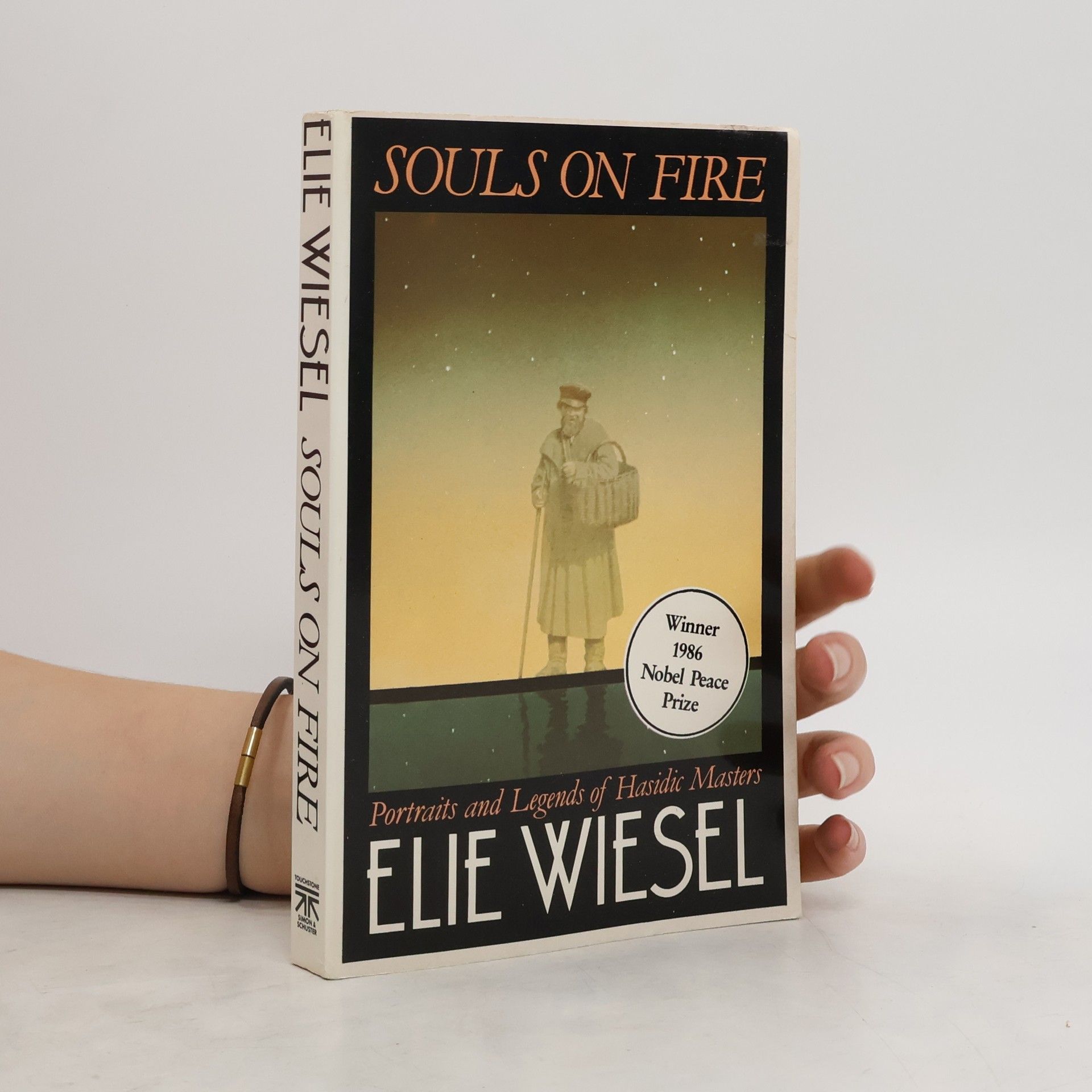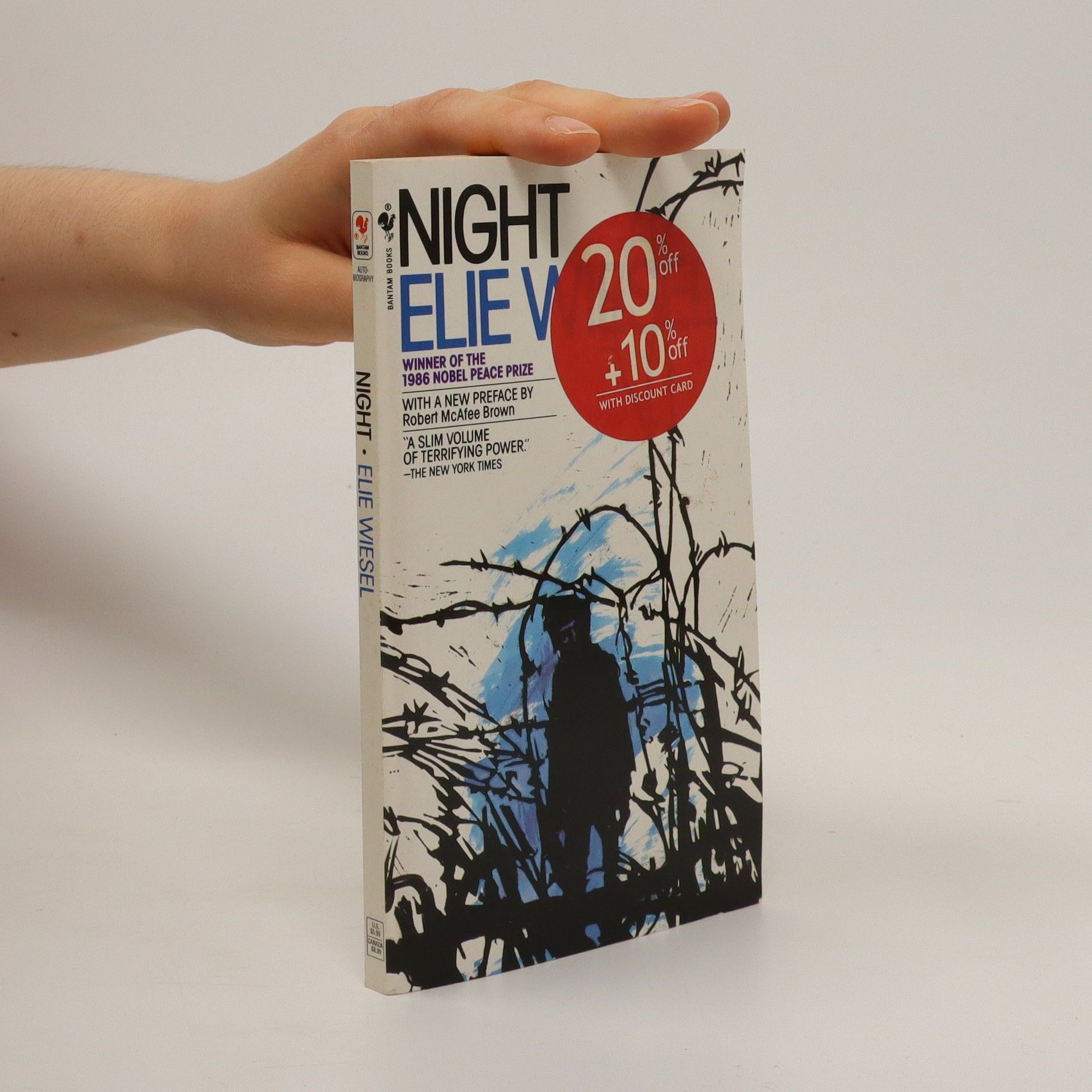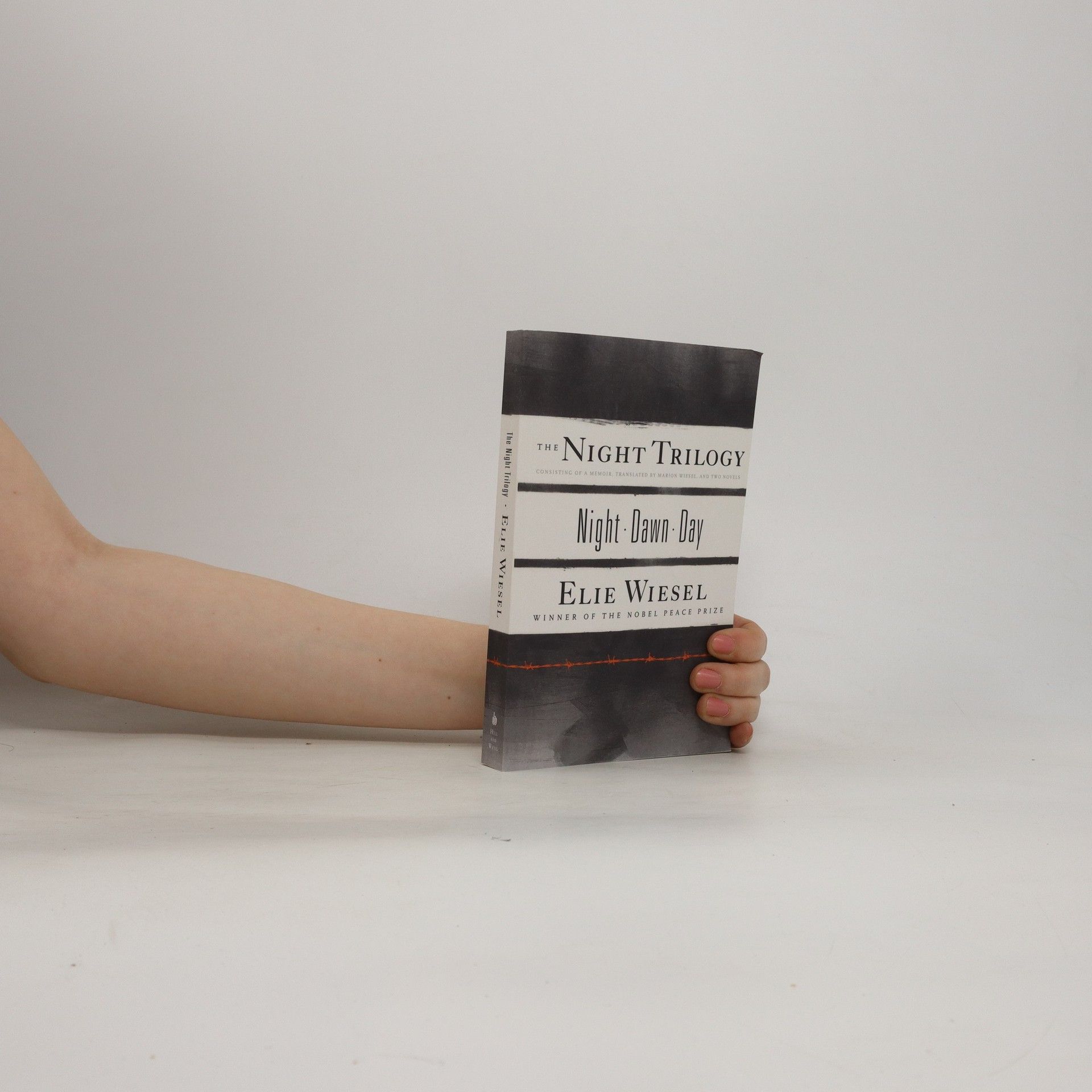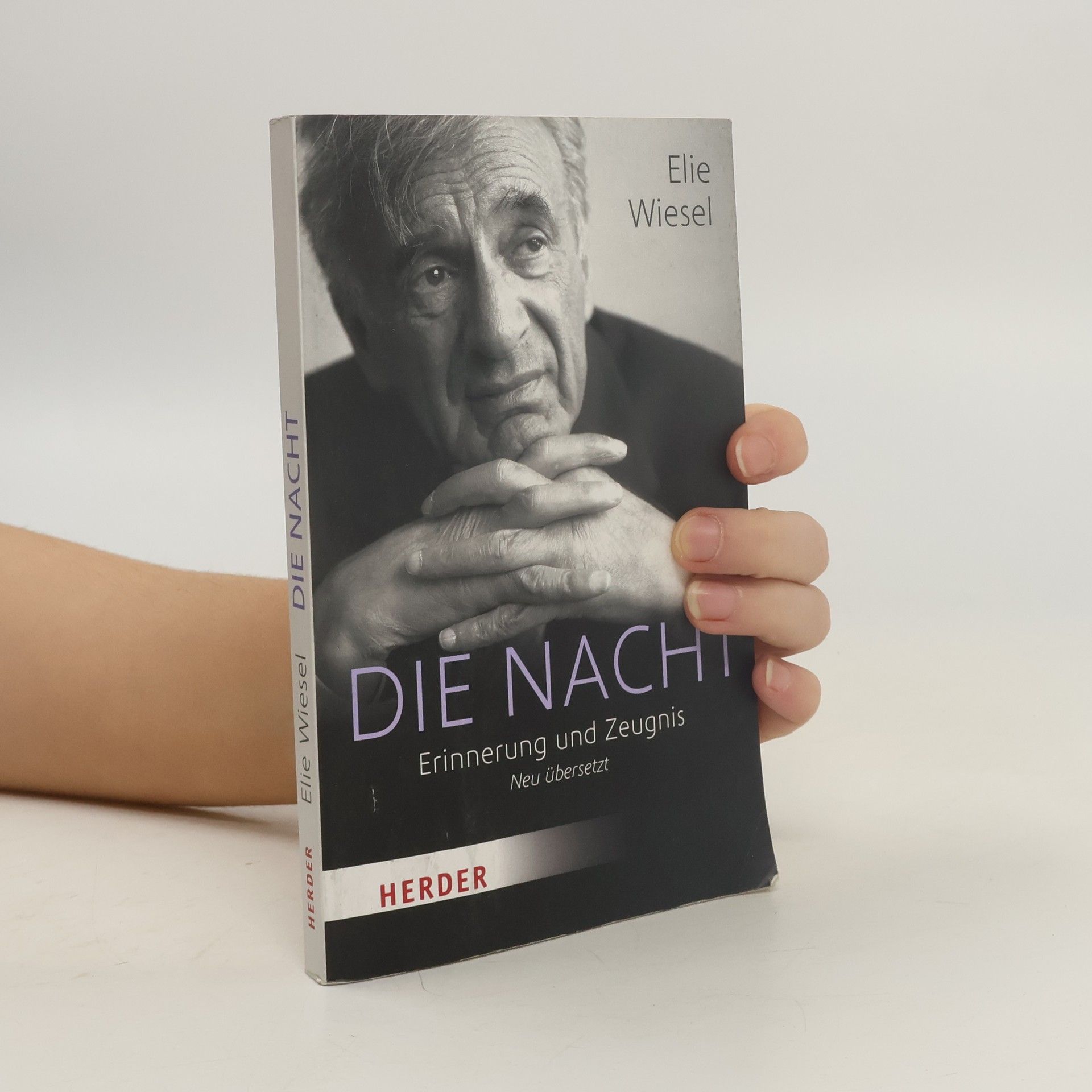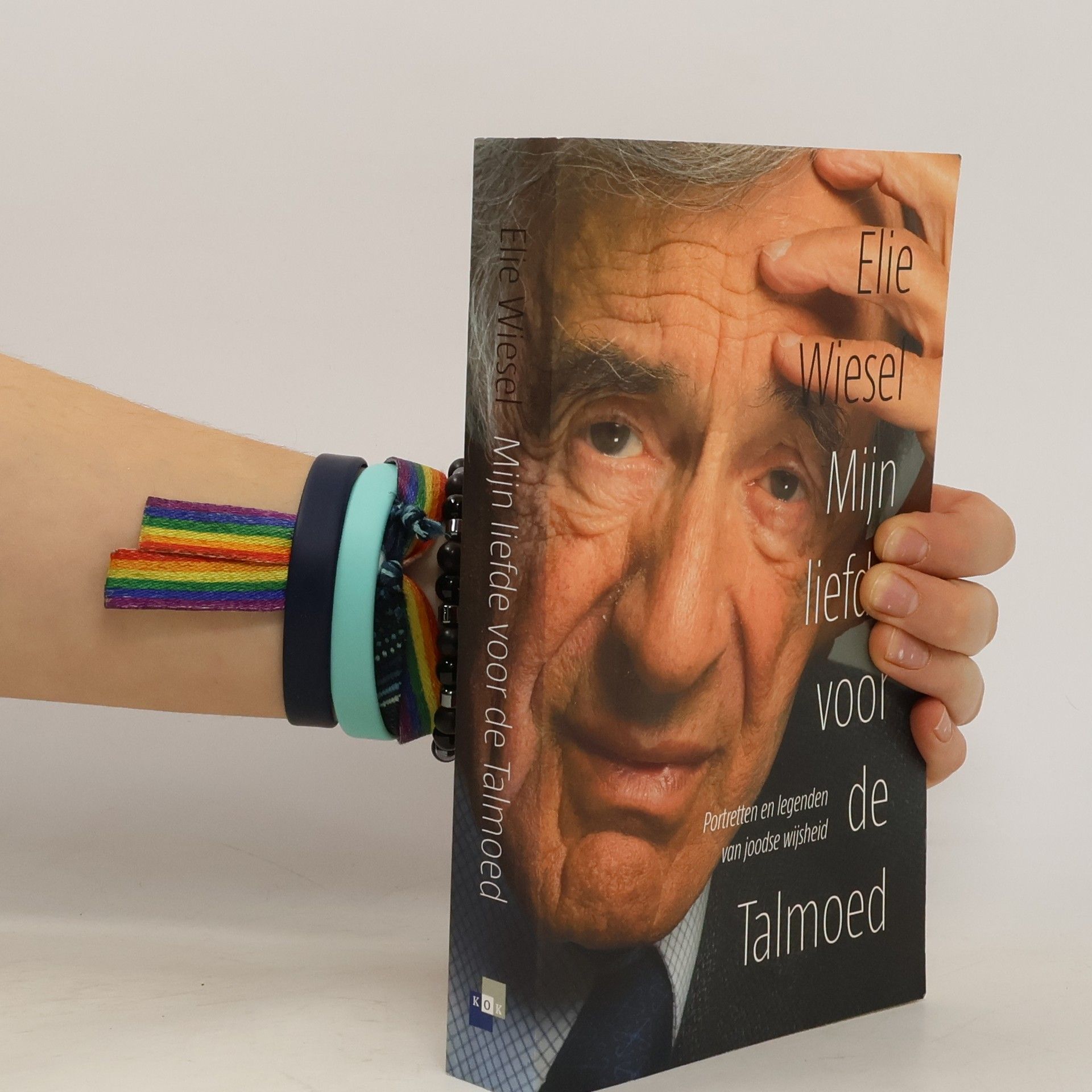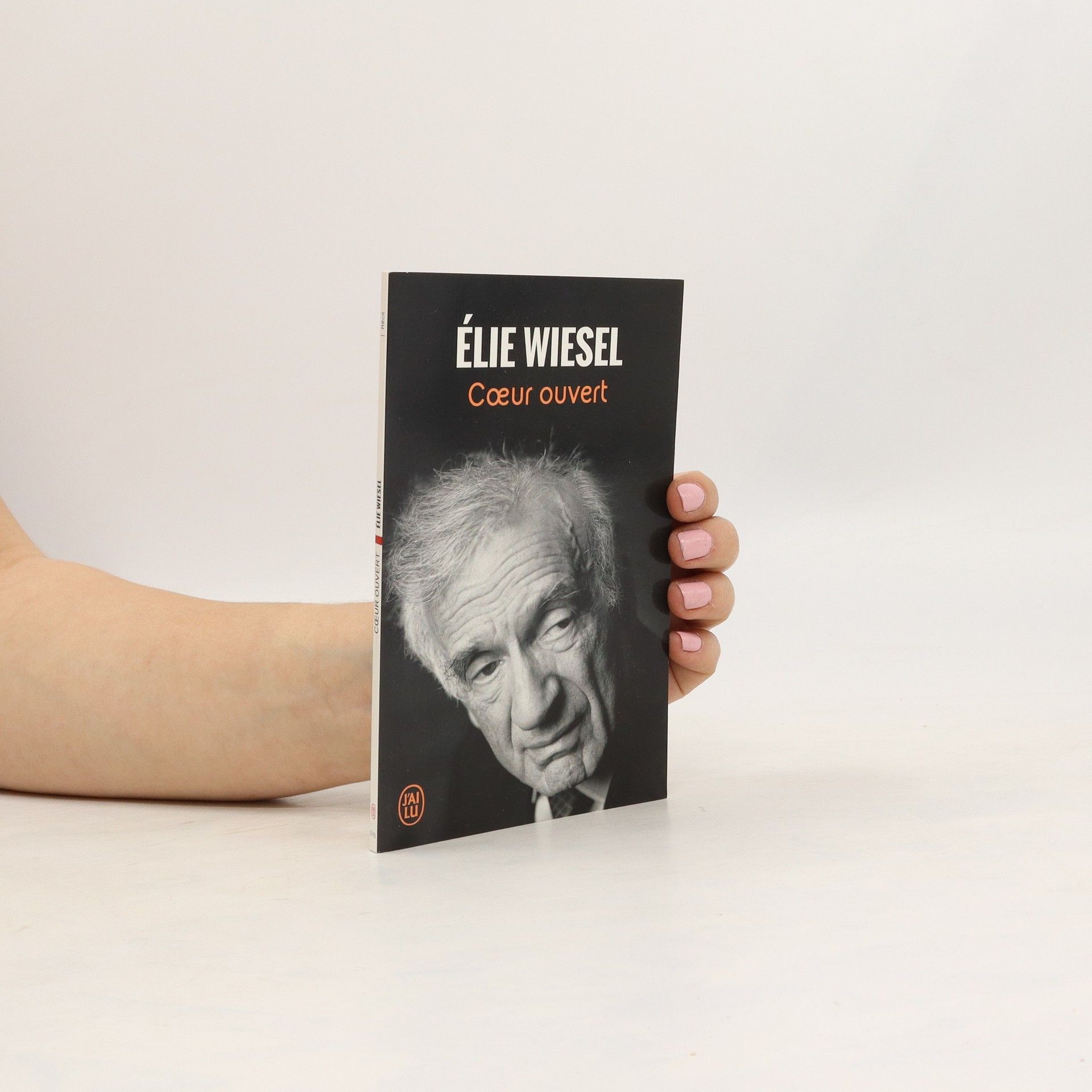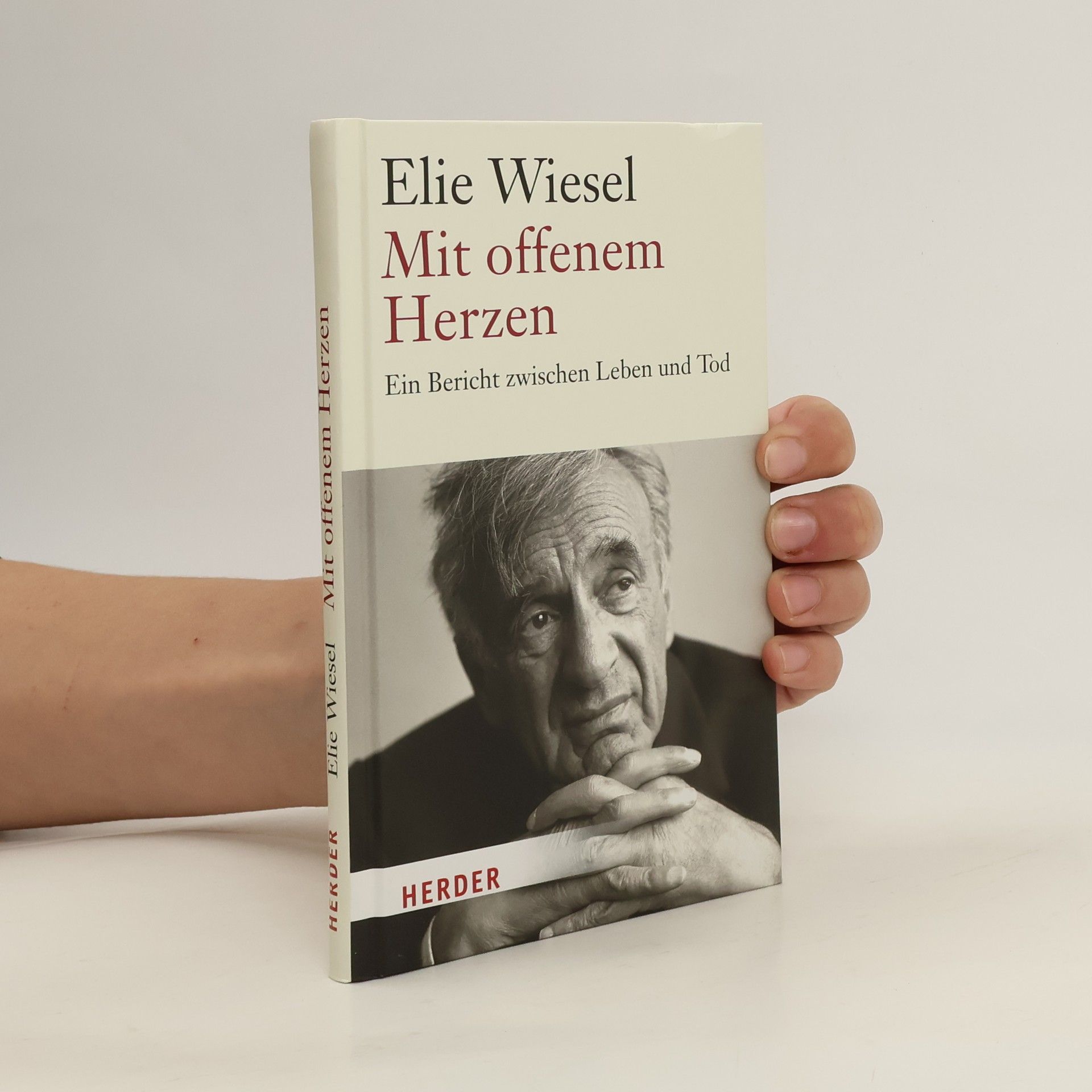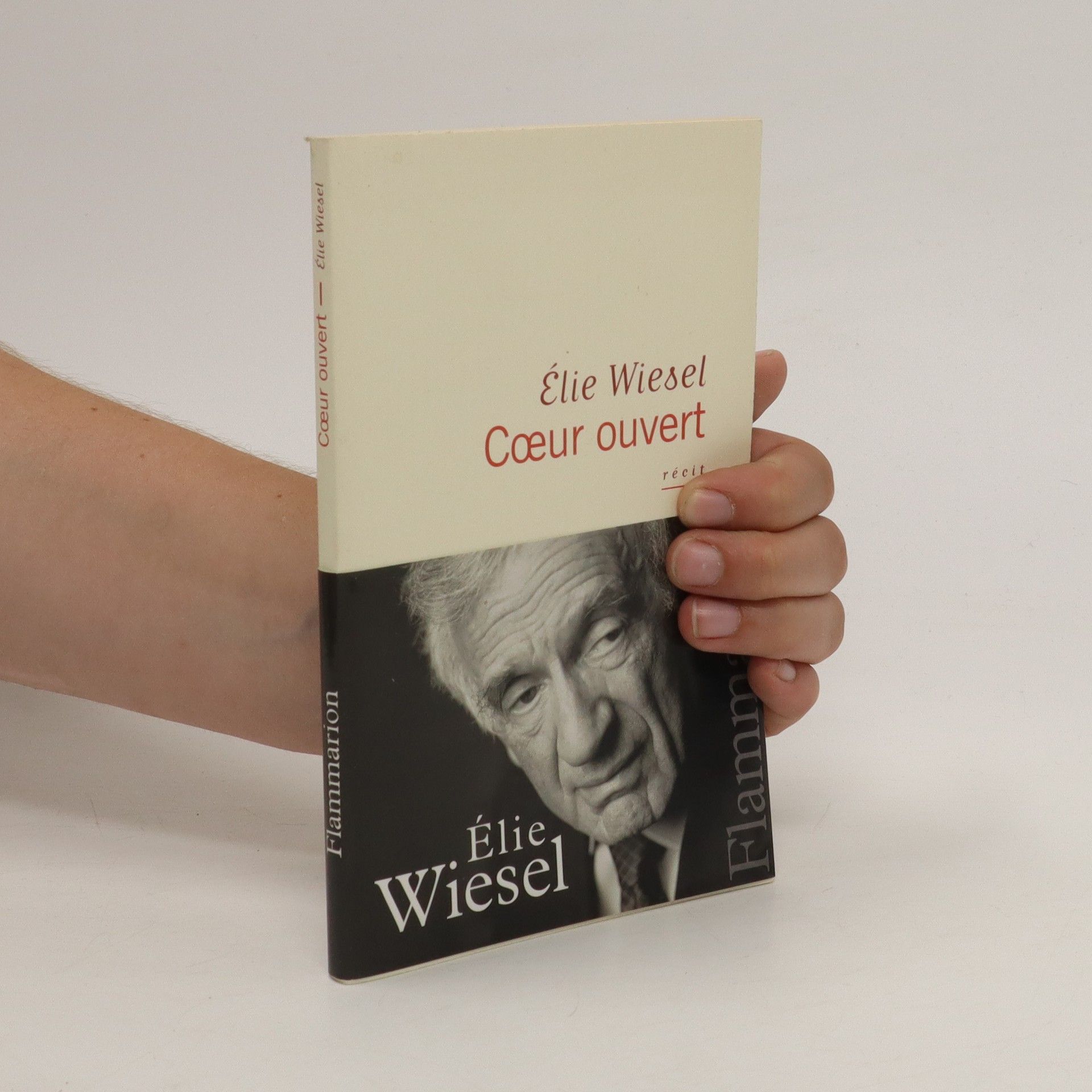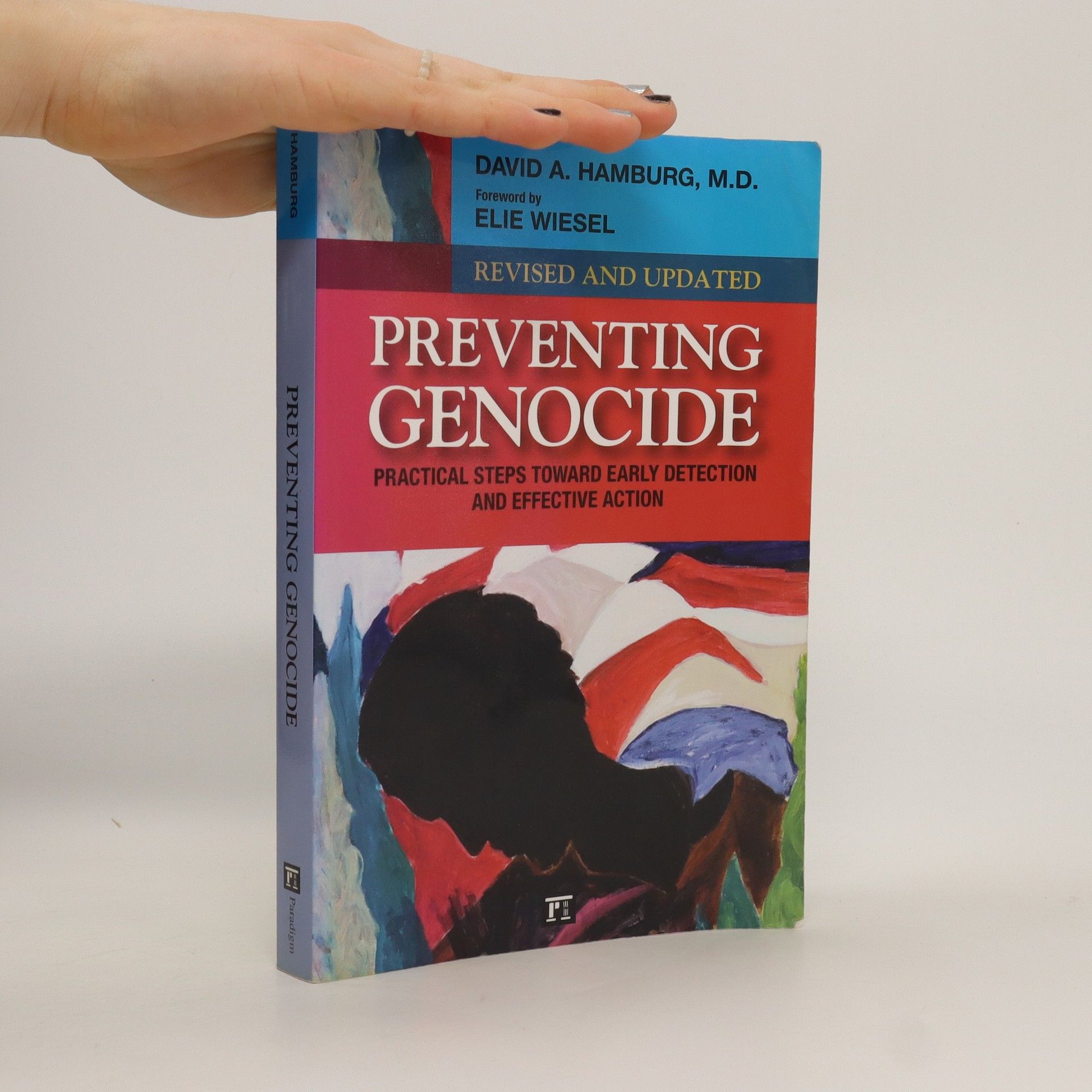Gedanken zwischen Leben und Tod
Mein inneres Tagebuch
»Ich weiß – und ich spreche aus Erfahrung –, dass wir selbst in der Finsternis Licht schaffen und Träume des Mitfühlens nähren können.« Diese Zeilen schreibt der jüdische Friedensnobelpreisträger und Holocaust-Überlebende Elie Wiesel, als er im Alter von 82 Jahren von der Nachricht eines akuten Herzleidens überrascht wird. Der lebensbedrohliche Eingriff am offenen Herzen, der Wiesel zur Erkundung seiner tiefsten Beziehungen und Überzeugungen bewegt, wird zu einer Metapher für sein Credo als Mensch und Glaubender. Eine positive Bilanz Wiesels – mit sich selbst und seinem Jahrhundert. Die Summe seines großen Schaffens.

